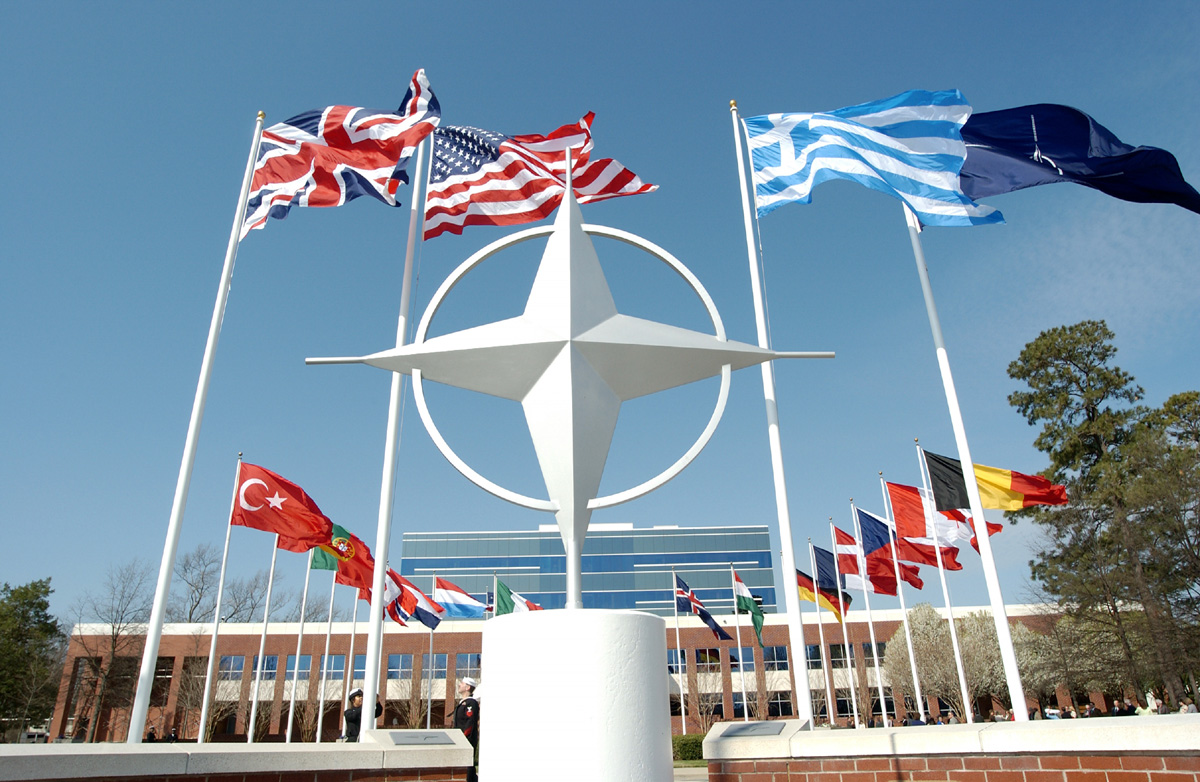
Historian Victor Davis Hanson, a senior fellow at the Hoover Institution, a think tank based at Stanford University, told The Epoch Times' American Thought Leaders program that Beijing views Biden as “a sign of weakness to be exploited.”
He said he believes that Beijing will be a lot more confident given Biden's potential victory because it would mean the end of their current big worry, Donald Trump.
The Trump administration has not shied away from confronting the Chinese Communist Party on a variety of issues including espionage, the security threats posed by Chinese technology, their human rights abuses in Xinjiang and Hong Kong, and unfair trade practices, to name just a few.
Trump earned China's ire when he raised tariffs on Chinese imports in 2018 in light of complaints that Beijing pressures companies to hand over technology or steals it outright. Trump has also been trying to bar Chinese social media companies from operating within the country out of fears that they're trying to gather too much personal information about American citizens. For example, The White House has been pushing the video service TikTok to sell its American operation and wants to block companies from dealing with the Chinese message service WeChat.
Relations between China and the U.S. have reached their lowest level in decades in recent years, with conflicts over the coronavirus pandemic also playing a role.
Hanson said that a lack of a hardline policy toward China under a potential Biden presidency could inspire the regime to place pressure on key American allies in the Indo-Pacific region such as Australia, South Korea, Taiwan and Japan.
For example, he said they may send something to the waters off of Taiwan to gauge Biden’s reaction. Beijing considers Taiwan part of its territory and has even threatened to use military force to take greater control. This is despite the fact that Taiwan is an independent country that has its own democratically elected government, constitution, currency and military.
Beijing was not happy about the U.S. strengthening its ties with Taiwan under the Trump administration, even going so far as to hold military exercises near Taiwan’s coastal waters and send military planes near the island, violating Taiwan’s airspace.
Hanson said: “I think they’re [Beijing] delighted [at a Biden victory], and I expect them to be very cautious but very, very definite in the trajectory in which they want to move—and that is to press, press, press.”
Frustration with China growing across America
While it’s easy to see why China would prefer a Biden presidency, some experts believe that it won’t be an easy road for Beijing as frustration with the Chinese Communist Party rises across the American political spectrum. Derek Scissors of the American Enterprise Institute said he thinks Biden would be “savaged” if he attempted to downplay complaints against Beijing.
In addition, the American public’s view of China has been souring, with two thirds of people surveyed by the Pew Research Center in March reporting “unfavorable views” of the country, which is the highest percentage since the group started asking in 2005.
The Chinese state media has already expressed support for Biden, saying he would be “smoother” for the communist regime to work with than Trump. With all the suspicious events that took place on election day and voting software “malfunctions,” it wouldn’t be surprising at all to learn that the Chinese government interfered in the election in some way.
Sources for this article include:
Please contact us for more information.























